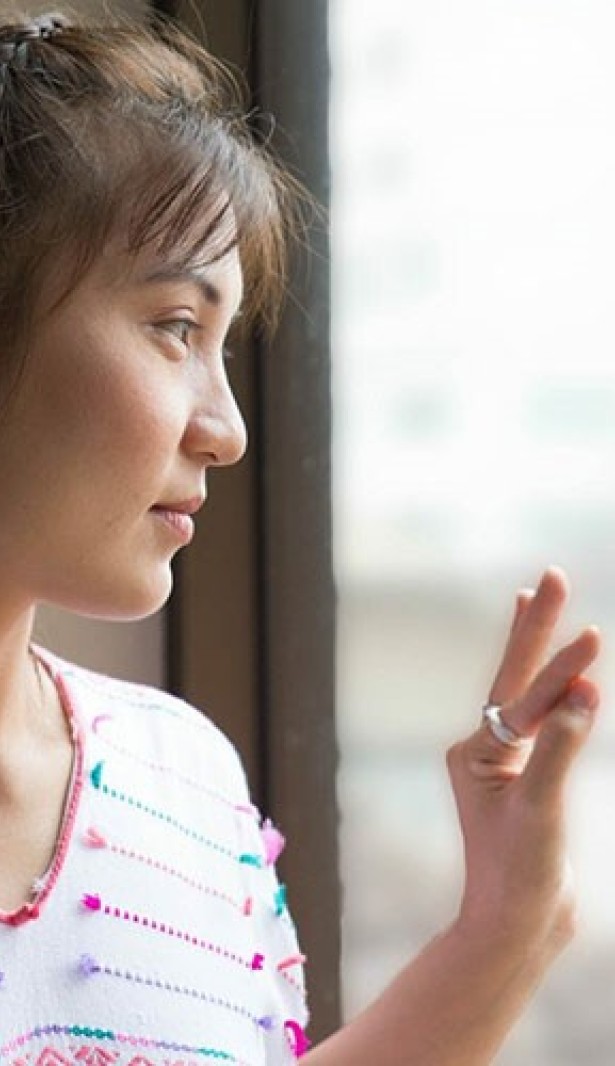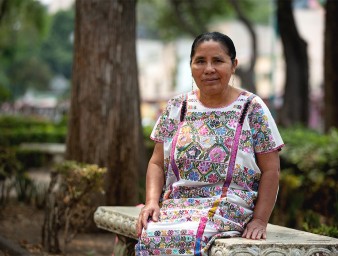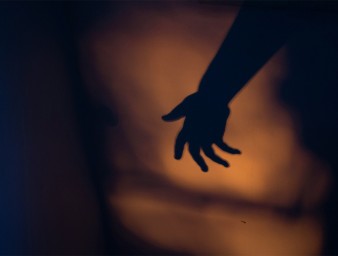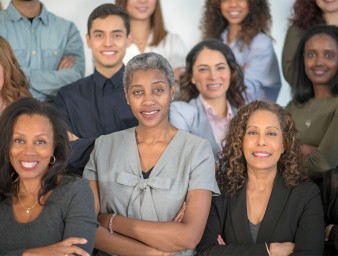Mueda Nawanat’s fight for the right to nationality
31 January 2020
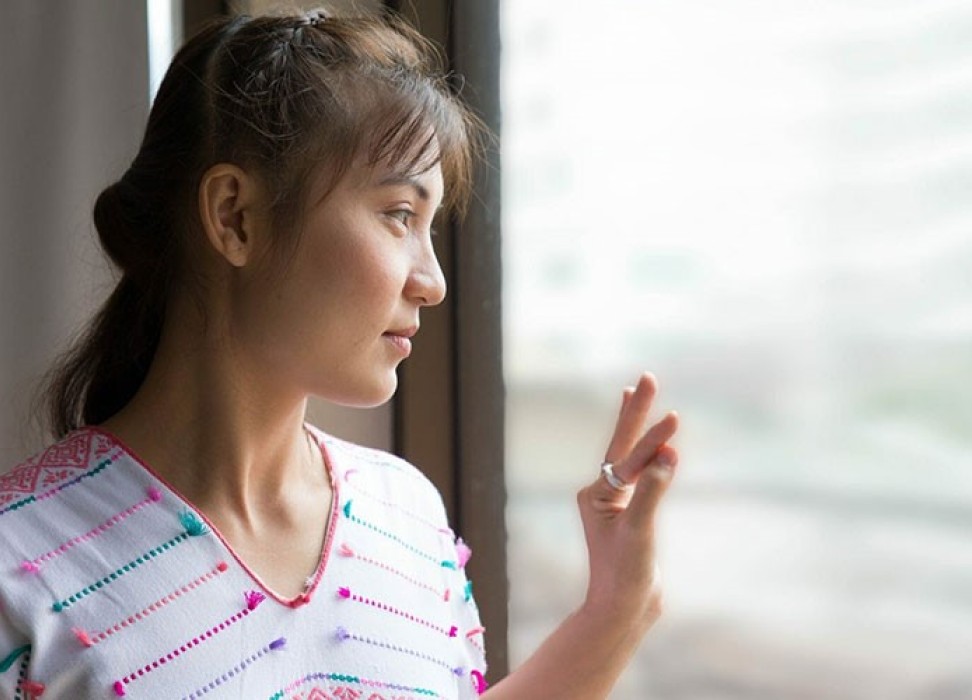
For most of her life, Mueda Nawanat only knew an existence without a nationality. Her parents, from Karen State in Myanmar, fled to Thailand because of civil war. They arrived as refugees without papers or passports, so when Mueda was born, she was officially stateless.
Under international human rights law, the right to a nationality is a fundamental human right.
Growing up stateless, and as part of a minority group, Mueda was denied her basic rights. She was unable to access healthcare, she could not travel outside of her village, and her education was limited. Although she completed high school, she was not entitled to a diploma, required to enter university.
"Many of my friends, as well as the teachers in the school, called me alien," she recalls. "I felt that it was not true. I am human. I have a strong thinking that I belong to this country, Thailand. I was born here and I grew up here. And I really do love this country."
The path to a nationality
Mueda decided she could not stay silent, and at the age of 12, she began an endeavour to learn about her rights and to put them into action. At every opportunity she could find, she joined meetings of local rights organisations, or took part in events organised by local authorities or government representatives.
Learning all about international human rights laws and conventions, Mueda was driven forward: "I learned about the Universal Declaration of Human Rights. It says all humans are equal. I said again, "I am human." There is also the Convention on the Rights of the Child. I was a child at the time, so I deserved the same rights as other children."
With this knowledge and her own voice and experience, Mueda spoke up. The strength of her advocacy helped pass Article 23 in Thailand's 2008 Nationality Act, meaning that people born in Thailand before 1992 could now apply for citizenship.
Mueda herself officially became a Thai citizen in 2008. She was 21.
Fighting for citizenship and land rights for the Karen minority
Now working as a human rights lawyer, Mueda has helped many other stateless people from the Karen community apply for Thai citizenship. "My one dream has come true," she says. "When I was stateless, I made a goal that I want to study law because the law is the key thing that can solve the problem."
Another of her battles is for the Karen community's land rights. As an employee of Earth Rights International, she is advocating against a proposal for a large hydro dam being built in a national park land where her community lives. As a stateless minority, many in her community are being asked to leave.
"Most Karen people don't have a land title," she states. "So we have no right to say that we belong here, even if we have been here for years. The law doesn't support our rights."
Mueda along with other young people from her community are currently in an ongoing battle with the authorities: "We demand that the Thai government protects us. They need to see us as human beings, as Thai citizens."
Becoming a UN Human Rights Minority Fellow
Mueda recently joined UN Human Rights' Minorities Fellowship Programme, a training programme for human rights and minority rights defenders belonging to national or ethnic, religious and linguistic minorities.
"Through the Fellowship, I've been able to learn from other people who have now become my friends," she says. "I learn how they fight and advocate, and this gives me inspiration to go back to Thailand and work hard for my minority."
She says she will take back her knowledge on human rights mechanisms to Thailand to continue fighting for her people.
"Human rights are part of my life," she concludes. "All human beings should have equal rights. I always support the message that no human is illegal. If you respect that, and you count all people as human, then you live in a more peaceful society."
Disclaimer: The views, information and opinions expressed in this article are those of the persons featured in the story and do not necessarily reflect the official policy or position of the Office of the UN High Commissioner for Human Rights.
31 January 2020
